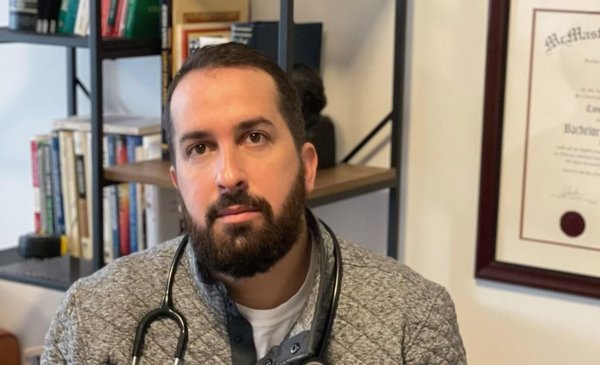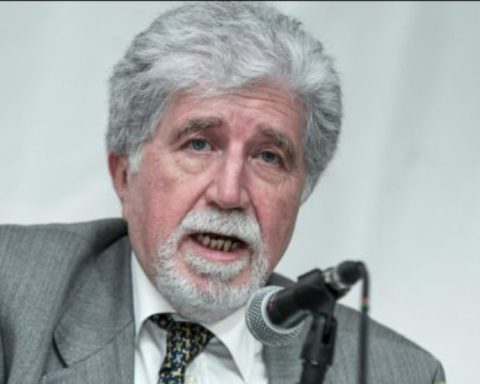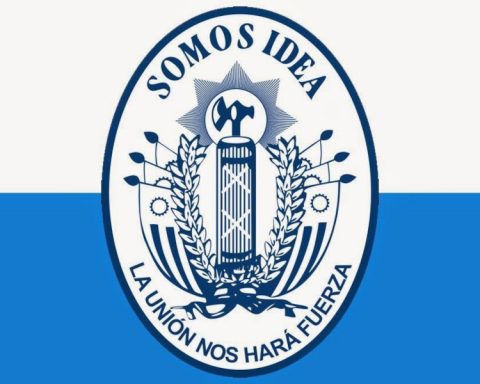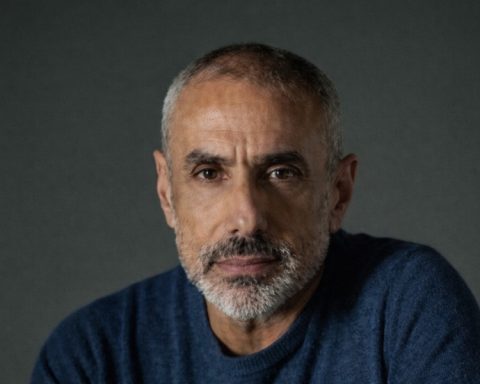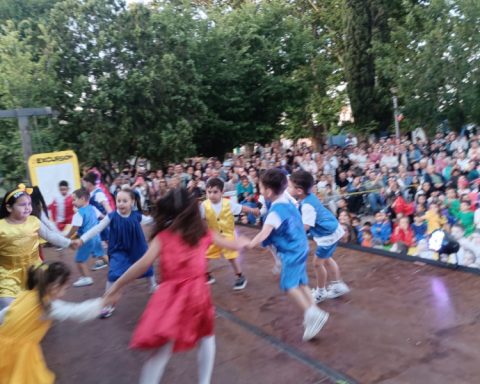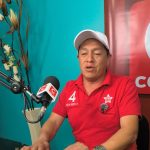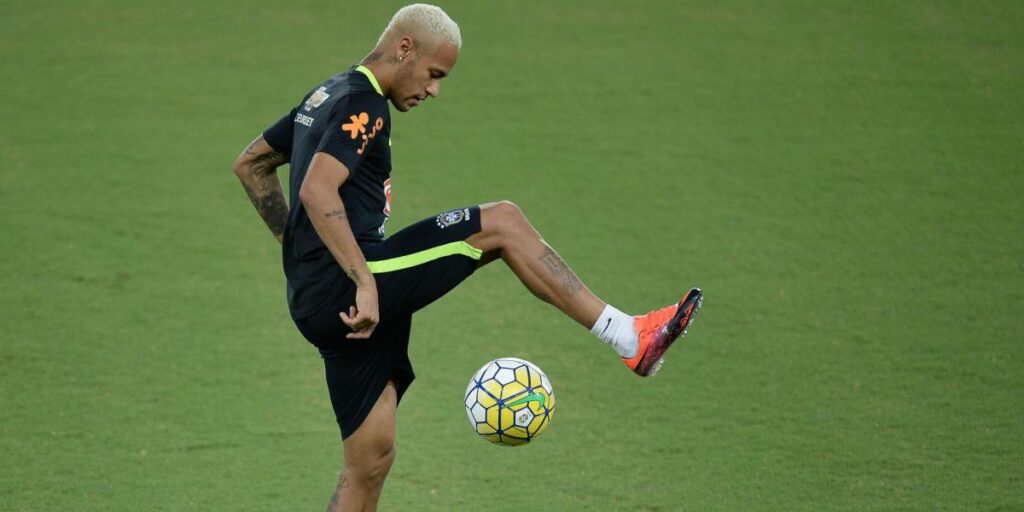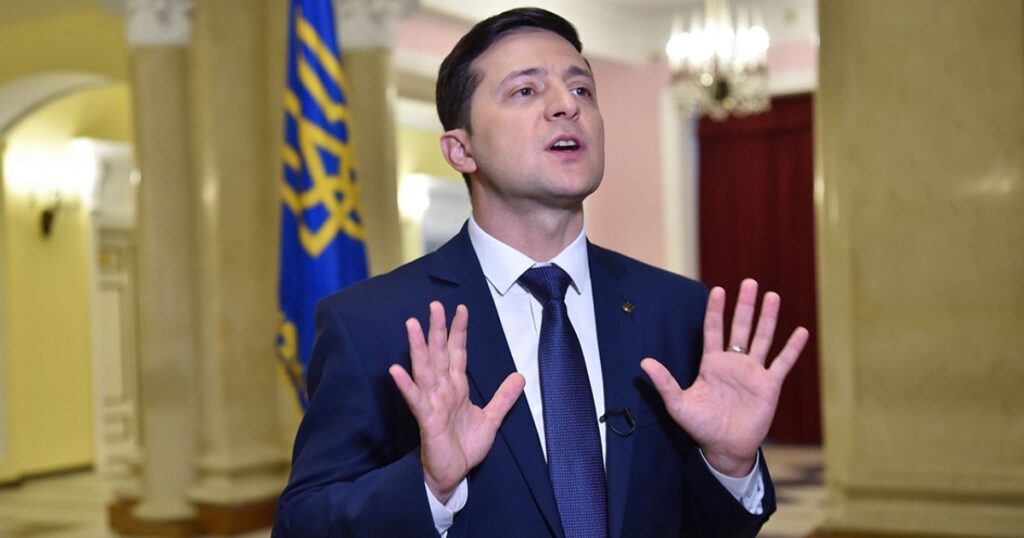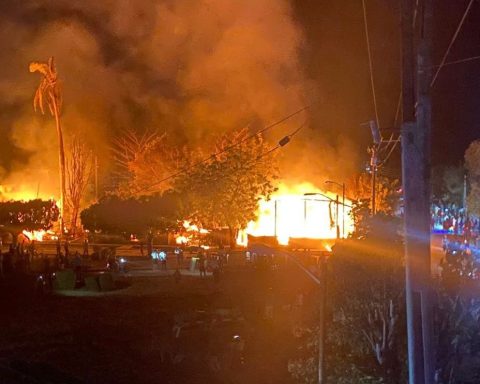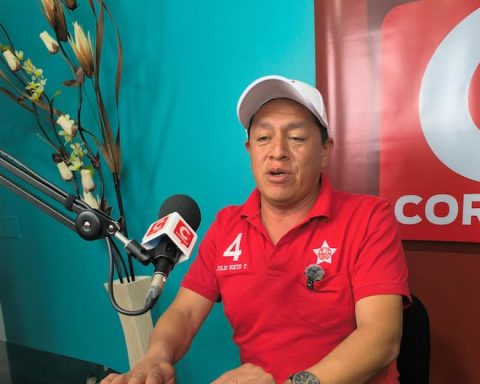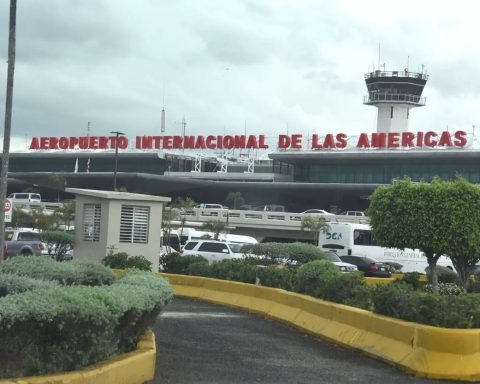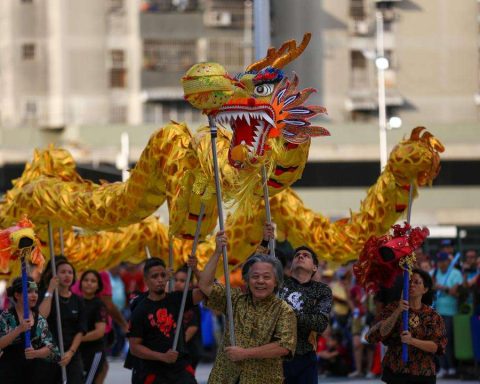The first time that Dr. Damián Rzeznikiewiz (35) faced a patient who wanted to die, he cried for hours. An experienced colleague who was nearing retirement, and with whom he had done palliative care, took him to the home of a 42-year-old woman with kidney failure, dialysis treatment four times a week, and no possibility of a transplant. . “There was nothing to do and he chose to receive medical assistance to die,” says the Uruguayan doctor who has lived in Canada since he was 13 years old.
At that time, the legalization of euthanasia in the northern country had been in force for a year and there were not many professionals who carried out the procedure. Rzeznikiewiz accompanied the doctor, watched her perform, and left the house. She asked him how he had experienced the situation and he couldn’t find the words. He knew that he had lived through a very strong experience, something that touched him deeply. “With a lot of meaning”, he says now in a videoconference with The Observer from Toronto. But at that moment she got into the car and drove to her house. When he arrived, his wife looked at him: “And?”. Dr. Rzeznikiewiz cried for hours and did not know why.
“You live your whole life and make your career thinking that you are going to help people and that help, in general, means helping them to live longer: prolonging life to do things that one should do. But until you go and help someone die, you don’t realize the deep meaning of that action.”it states.
Damián Rzeznikiewiz was born in Montevideo and emigrated at an early age with his family. His vocation to help led him to become a bone marrow donor even before graduating as a doctor. He specialized in family medicine with a minor in addictions, mainly in drugs such as heroin, fentanyl and methamphetamine. His two-year training at St. Michael’s Hospital of the University of Toronto, which welcomes many patients who live on the street and have addictions, was decisive in choosing this runner in the race. That exposed him to situations that were not the typical consultations that doctors usually receive.
During his last year of residence, the law regulating euthanasia was passed in Parliament and he became interested in the matter. He began caring for patients with addiction problems, although he knew that he could not devote every hour of his workday to this task. One of the things that he had “enjoyed” the most during the internship had been palliative care and he started working in a hospice together with his colleague who was already close to retirement. But after a few months he realized that it was not for him and that is why he asked that doctor – who also performed euthanasia – if she could accompany her when she had the next patient to learn what the procedure was like.
After that first experience, he took a month to think about whether he wanted to do it. Five years later, he is part of the small group of professionals who practice euthanasia in Toronto and calculates that he has helped hundreds of patients die. “I never felt something so deep. I did not find anything that had given me that feeling in my career and in my life. I work in addictions every day, but what I enjoy most is my work in medical assistance after death”confesses Rzeznikiewiz.
The “fortune” of helping those who do not want to suffer
The process is relatively simple. The patient who requires assistance must call a number that processes her request and coordinates interviews with two independent doctors who assess whether the person qualifies for euthanasia based on the specifics of Canadian law.
If the person meets the requirements, they coordinate with the practicing doctor the day and time. “I always tell the person, this is one of the most complicated things in life: first choose if you want to do it, when, who is going to be there, what are you going to wear, where in the house you want to be. Deciding all that is complicated, says Rzeznikiewiz. “The difficult comes before: say goodbye, hug the family. The medical procedure is very simple,” she adds.
Start to finish is five to ten minutes. The doctor uses two lines in case one fails and administers four substances in sequence. There is no pain or suffering. In fact, there is no longer any suffering in that person’s life. And that is the fundamental element that generates relief and peace for this young Uruguayan doctor.
It wasn’t always like this. At first she connected with sadness and it is still difficult for him to digest those cases of young mothers and fathers who make the decision. But that is not the norm, since it generally attends to those over 60 years of age.
Over time that feeling of sadness turned into the “fortune” of being able to help someone who is suffering a lotfor whom there is no remedy or family contention that causes his suffering. “People who feel every day like a week: that they are in pain, vomiting, immobile. That they no longer have the dignity that is needed to live. Then you go and in the previous moment they look you in the face and thank you, sometimes with a smile. And you feel lucky to give that gift.”
Some of his friends question him and ask him if he is crazy. A colleague of religious convictions with whom he has argued insists that what he is doing is not right. But Rzeznikiewiz says that he is not violating his Hippocratic Oath because he believes that prolonging a person’s life does not necessarily mean helping them and that puts the will of his patients ahead of everything. There is your commitment. “The most important thing is that people know that there is an option, not that they take it. Let people know that you are not forced to die in bed waiting for the days to pass while the nurses come to change your diaper or feed you through a tube.
For Rzeznikiewiz, it is important that people know that they have an alternative and also that they may regret it along the way, since, as he explains, the initiation of consultations does not imply a commitment to follow through to the end. In fact he had some regrets, but in his experience it was always a minimal expression.
“Palliative care and euthanasia can coexist harmoniously. The question that I refer to at the end of it all is what does my patient want: what is his goal in terms of his life and his death. It’s notorious that death is something we always try to avoid, but at the end of the game it’s important to have that conversation. It’s about how you want to live and how you want to die.” This is particularly important for people who have always been “in control” of their lives.
A week ago Dr. Rzeznikiewiz went to make an attendance. The patient was a Finnish adult and a manager of a large company. He had always had the ability to decide everything in his life.
Rzeznikiewiz went to his house. “Don’t you want your family and friends to come?” He said no. He only wanted his wife in that place.
The Finn was having a glass of brandy and classical music was playing in the background.
“Are you sure?” asked the doctor, as he always does.
Minutes passed and Rzeznikiewiz went to another room so that the wife could have her moment alone. They filled out the papers. He pulled out the tracks.
Before leaving, the wife, also a Nordic, gave him a hug and began to cry. “Despite the fact that it is the saddest day of my entire life, I am happy because it is what he wanted,” she told him.
